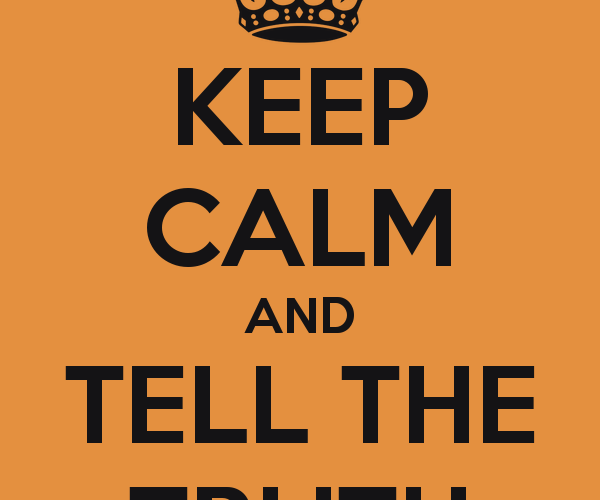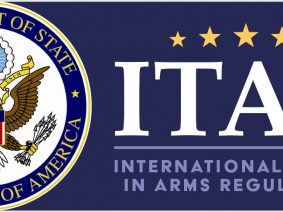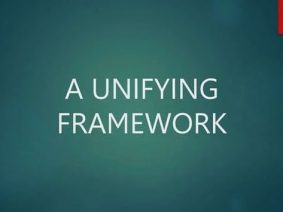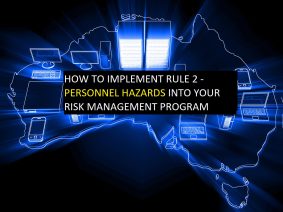A Suitability Assessment Interview (SAI) can take as little as 40 minutes over the phone for the most Basic level assessment (CL0) and perhaps up to four hours for the human-only, highest-level, face-to-face interview (CL3). Our Vetting Officers tell candidates that they will be looking for evidence of qualities such as loyalty, honesty and reliability, and that they will explore aspects of their personal backgrounds and professional lives – present and past – that might render them vulnerable to manipulation, blackmail or coercion. Candidates are alerted to the fact that they will be asked questions on wide ranging topics such as relationships, finances, use of illicit substances and prescription medications, overseas travel and connections, employment history etc. We acknowledge that some of the questions might seem intrusive, but we also encourage candidates to ask human vetting officers to clarify the relevancy of questions if they are unsure. Candidates are assured of our experience in investigating and interpreting events and circumstances that might appear to be a cause for concern but in reality, may have little or no suitability significance. Our cadre of vetting professionals are skilled at placing candidates at ease and are committed to ensuring that, despite the intrusive nature of some of the inquiries, all candidates are afforded respect, dignity, and consideration throughout their contact with Cleard Life.
So what uniquely makes up a Cleard Life Truth Telling environment?
The candidate agrees to undergo a suitability assessment.
If you do not want to undergo the assessment, you don’t have to. We encourage employers/sponsors to make candidates aware of this process early – so that the candidate doesn’t get shocked or surprised by an out of the blue message requesting them to book a Cleard Life interview. We obviously cannot complete an interview or an assessment when a candidate cannot agree to this.
The candidate agrees to provide truthful and candid answers and fully cooperate with the assessment process.
Much of the interview questions requires the candidate to disclose information. What is said and how it is said, what is not said is also important to us. Cooperating also means completing the interview. We cannot make a genuine assessment on partial information which may mean that the Result is less favourable or incomplete and the position that you are going for maybe in jeopardy.
The candidate acknowledges, consents and understands that the employer/sponsor may gather and then provide other relevant information to Cleard.life for suitability assessment determination purposes.
We encourage the employer/sponsor to provide us information about you. It could be referee doubt, concern or comment, it could be a police check or a bankruptcy check or an open source digital footprint check – to name a few. The employer/sponsor may complete some of these checks before or after our assessment so therefore it is very important that the candidate’s answers are consistent with what would or could show up.
The candidate agrees not to deliberately omit, conceal, or falsify relevant facts or provide any type of misleading information to the interviewing officer.
At this point, our Vetting Officers needs to hear your side of the story, warts and all. We want to see what lead up to the event/s, or the behaviour. Our probing sequences (the who, what, when, where & why) is to gain a clear and fair picture of the events and make a sound determination. If omissions or concealment of key facts occur during our interview, then the candidate’s honesty maybe called into question.
We use lie or deception detection capabilities (human and technology-assisted)
The interviews maybe recorded for suitability and training purposes. Suitability purposes include lie or deception detection capabilities (human and technology-assisted), to assist with the assessment.
The candidate will be provided a two-part activation code which they agree will not be disclosed to anyone but the employer/sponsor and Cleard.life.
This ensures that the candidate does not use a proxy or someone else to do the interview for them. The employer/sponsor may also ask for a known piece of information to be confirmed by the candidate to help with verifying the person at the time of interview.
The candidate acknowledges and understands that the employer/sponsor will not have access to any information or answers that they provide to Cleard.life.
This is a really important element for setting up the truth telling environment. There is an air gap between the candidate and the employer. We do not pass on the candidate’s sensitive or personal answers or information to the employer/sponsor. This strict policy means that the candidate can be very truthful and honest with us, without feeling a risk of being shamed, discriminated, judged by the employer.
The candidate acknowledges and understands that they will not have access to the results that Cleard.life sends to the employer/sponsor.
After the candidate interview has been completed, we analyse the information. If there are gaps, anomalies or discrepancies that surface, a human Vetting Officer may need to speak with the candidate again to gain clarification, meaning etc. Then a suitability assessment report is created based on the Attorney General’s guidelines for suitability – including noting the aggravating and mitigating facts and analysing that information fairly, professionally, non-discriminately. The Result (Green, Amber, Red) is quality assured by a vetting manger and then sent the employer/sponsor.
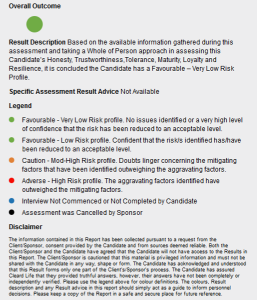
The candidate acknowledges and understands that the Cleard.life result forms only one part of the employer/sponsor’s human resource process.
The Cleard Life character assessment forms only one part of the recruitment decision. It is not the be-all and end-all. If they don’t get offered the job, it could just mean there was another person more professionally competent or perhaps a better cultural fit for the position. That’s all. Being a silver medallist is not a reflection of your character. Cleard Life only analyses one aspect of a person and therefore we do not know or have the final say in the hiring decision.
The candidate’s privacy is maintained. Personal Identifiable Information (PII) is de-identified and washed as per Australian Privacy Principles.
Cleard Life ensures that the personal information used or disclosed is accurate, up-to-date, complete and relevant (APP 10.1 and 10.2). The information is held in encrypted systems compliant with Australian Government standards for the classification of the material, in Australia, on a secure PROTECTED platform. Cleard Life redacts and de-identifies records of candidates which includes deleting any recordings, after the Result is sent.
Conclusion:
When the candidate operates in an open, full, frank, truthful manner, we find that they have no regrets. They know that this is the new pre-employment reality – their life: activities, associations, motivations are placed into a well-defined grid of community expectations of which more than 440,000 Australian workers – more than any other standard in Australia – have undergone this type of questioning and assessment.
The good news is that the vast majority of our assessments have favourable outcomes. However, in the haystack there are needles. Some people can’t be trusted. Some are dishonest. Some are struggling with stressors in their life that leave them vulnerable to counterproductive workplace behaviours. Some possess patterns of wrongdoing that are too strong to change.
Candidates have come to realise that this process also helps the employer demonstrate legislative compliance, due diligence and duty of care by using an independent third-party professional to do the vetting. The process is air-gapped. It also helps managers show company owners, directors and others that they have done what they could to keep the organisations’ reputation, assets, resources, people and information safe from harm, reduce counter-productive workplace behaviour and reduce other potential hostile acts in the workplace from happening.
___________________________
More interesting reading:
